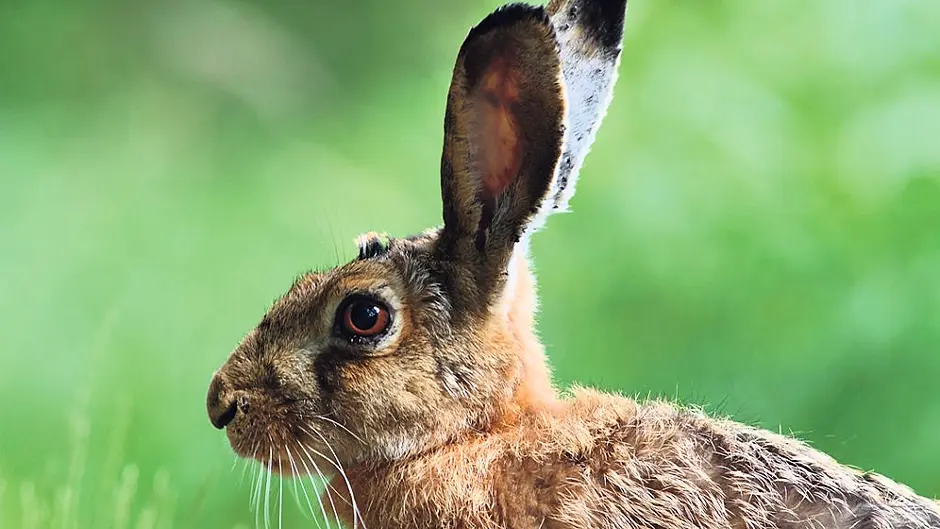A rabbit found in Drimoleague is one of 12 animals which has so far tested positive for a deadly and highly contagious virus that's sweeping the country.
A RABBIT found in Drimoleague is one of 12 animals which has so far tested positive for a deadly and highly contagious virus that’s sweeping the country.
While not harmful to humans or other animals, Rabbit Haemorrhagic Disease Virus 2 (RHD2) is threatening the Irish hare and wild rabbit population.
As well as Cork, it has been found in Clare, Leitrim, Offaly, Wicklow and Wexford.
A spokesperson for the Department of Culture, Heritage and the Gaeltacht confirmed: ‘The animal that tested positive from Drimoleague was a rabbit. The only positive hares so far are from Wexford. People worried about their pet rabbits should contact their vet. They added that while there is a vaccine available, the virus cannot be contracted by cats or dogs.
Infected rabbits and hares die shortly after contracting the virus, and symptoms include bleeding from the eyes and mouth, and suddenly keeling over in open spaces.
However, Dr Ferdia Marnell, head of animal ecology at the National Parks and Wildlife Service (NPWS) said they were concerned that other animals carrying the disease may not be showing symptoms. That prompted them not to issue coursing licences this year due to the high risks associated with bringing hares together from different areas and keeping them in one place. West Cork has an active hare coursing industry.
Experts have no idea how the new virus came to Ireland but they’re asking for the public’s help in stamping it out and to contact them if they see evidence of mass rabbit mortality.
In a bid to manage the outbreak, biosecurity measures such as footbaths with disinfectant (similar to those used during the foot and mouth outbreak) are in place at NPWS sites.







